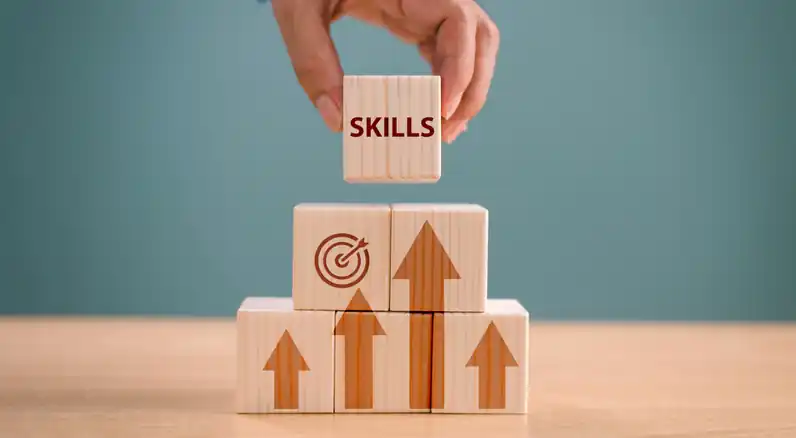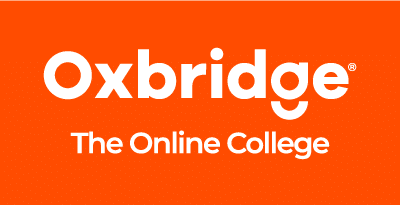
Writing & Journalism Courses Online
Gain a certificate from one of the UK's largest and well-known Awarding Bodies. Writing Courses will help you to unlock your creativity, empowering you to get your words on to the page.
Take the first step and transform your love of writing & Journalism into a rewarding career with our range of courses. Unlock your writing ability today.
You're never alone. Our personal tutors are hand-picked by Oxbridge to help and support you whenever you need help. All our courses come with Unlimited Tutor Support.
Get started with one of our Writing & Journalism courses below
-
From £275They say everyone has a book in them. Find yours with our creative writing course!
-
From £275They say everyone has a book in them. Find yours with our creative writing course!
-
From £275They say everyone has a book in them. Find yours with our creative writing course!
More about our Writing & Journalism courses
Are you passionate about storytelling, expressing ideas, or crafting compelling narratives? Whether you’re a seasoned wordsmith or just beginning to explore your creative potential, Oxbridge offers a range of online writing courses designed to nurture and enhance your skills. Our writing courses are crafted to be ever-changing and exciting, reflecting the dynamic nature of the writing world. From fiction and non-fiction to poetry and screenwriting, our expert tutors provide unlimited tutor support to guide your writing journey.
Explore the limitless possibilities of a career in writing with Oxbridge. Whether you dream of becoming a novelist, journalist, or content creator or simply wish to enhance your communication skills, our writing courses offer valuable insights and practical knowledge. Join our community of aspiring writers and embark on a path that is both rewarding and employable. No matter your experience level, Oxbridge’s writing courses are tailored to meet your needs and fuel your creative ambitions. Start your journey today and discover how our writing courses can unlock your writing potential.
Discover Your Creative Potential with Oxbridge’s Courses in Creative Writing! Elevate your writing to new heights and embark on your creative journey confidently through Oxbridge’s courses in creative writing. Our courses in creative writing are designed to help you explore and develop your writing skills in a flexible and engaging online environment. Whether you’re looking to develop your writing skills for professional or personal interest, our courses in writing have much to offer.
So, Why Study an Online Creative Writing Course? Studying an online creative writing course with Oxbridge allows you to learn from anywhere, at any time, and your own pace. This flexibility ensures you can fit your studies around any schedule, making balancing your learning and other commitments easier. Our courses in creative writing will provide you with the skills and confidence you need to succeed, offering knowledge that truly counts.
When it comes to finding the best creative writing course, look no further than Oxbridge. Our courses come with Unlimited Tutor Support and are taught by expert tutors dedicated to helping you push your creative boundaries and develop a strong, unique writing style. You’ll learn to craft compelling environments, characters, and perspectives, making your writing stand out.
At Oxbridge, our courses in creative writing and courses in writing are open to students worldwide. We offer flexible learning for all. With no regular set times for being online, you can fit your studies around any schedule. This self-paced approach allows you to boost your skills without disrupting your daily life. The constraints of physical location become irrelevant, eliminating the time and financial burdens associated with traditional classroom settings.
Our range of courses in creative writing and courses in writing can be your entry ticket into the career you want or the pastime you want to do more of. Studying creative writing with Oxbridge will equip you with an adaptable set of skills that can open doors to various occupations. With this wealth of knowledge, you can progress into a career or hobby matching your ambitions.
Oxbridge’s open learning courses can significantly improve your career prospects. Whether you want to develop your writing skills and editorial practice for your profession or purely personal interest, our creative writing courses provide a comprehensive learning experience. Our award-winning online courses in creative writing will help you achieve your goals and reach your full potential.
Our online platform is built around you, designed to be mobile-friendly with bite-sized content so you can learn from home with 24-hour access. Start, refresh, or progress with our courses in creative writing and courses in writing today. Join Oxbridge and take the first step towards unlocking your creative potential! Start, Refresh, or Progress Today.
Frequently Asked Questions
Have more questions?
Request a call back by simply picking your preferred date and time.
Want to get in touch?
0121 630 3000Our friendly team is here to answer all your questions!
Discover more on our blog

The Complete Guide to Choosing GCSEs

Five ways to upskill your career in 2025

Paul Forster’s Lesson in Resilience

11 Studying Techniques to Ace Your Exams

A guide to resitting A-levels

A Guide to University Clearing

A-level Results Day 2025: what to expect

What jobs will be in demand in 2025?

An Ultimate Guide to Homeschooling

Kickstarting 2025: How to stick to your New Year’s resolutions

UCAS Application Deadlines: Apply on Time
